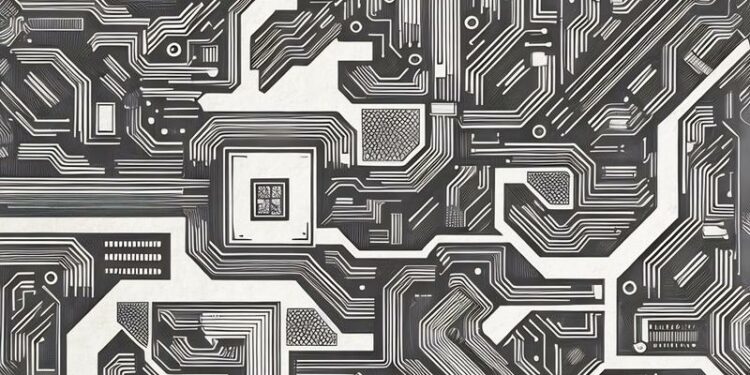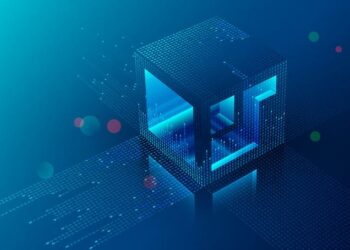Table of Contents
As the name might suggest, single board computers (SBCs) are computers that have been mounted on a single board. Though they are not the same as a desktop computer, they have most of the components – a processor, memory, inputs/outputs, etc. – all on the same board.
Though they have similar components, there are a lot of major differences between SBCs and desktop computers. In the guide below, we will look at everything that there is to know about single board computers.
SBCs Overview
Though it might not look like it, an SBC Rock computer works in very much the same manner that a desktop computer works. The one important thing to consider is that SBCs have far-reaching technological applications compared to desktop PCs. Both have a processor, motherboard, power system, sound and graphics chips, and RAM.
SBCs even have the capacity to add a variety of peripheral devices. Things like USB devices, monitors, modems, speakers, keyboards, mice, and routers can all be connected. A big difference is in data storage, which comes in the form of SD cards. That card will also contain the operating system, running the entire SBC in a convenient, simple way.
Industrial Uses
Though they are used in a variety of manners, SBCs are particularly useful within the industrial sector. SBCs have the bandwidth needed to take on automated tasks and adapt to specialized designs. Compared to desktop computers, which can be cumbersome, expensive, and complicated to set up, SBCs are fast and convenient to use.
Because they are quite small, SBCs can be embedded in certain devices. They can be trained to run repeated automated tasks within that machine in a far more reliable manner than any desktop PC. Best of all, they are very affordable which makes it easy to change them out should something go wrong.
Types of SBCs
While there are many different SBC types out there, three manage to stand out. These are some of the most popular brands on the market and one of the best representations you will find.
- Raspberry Pi – When it comes to SBCs alone, there may be no better-known manufacturer than Raspberry Pi. They can be found just about everywhere, from industrial applications to labs to schools and colleges. Given how affordable they are, it makes sense why. They also pump out new models to keep up with the latest advances. Raspberry Pi is also very easy to pick up and use, especially if you’ve had experience with previous versions. For instructors and teachers, these SBCs can be ideal for a classroom setting.
- Intel Single Board Computer – Intel is one of the largest and most popular computer brands out there. The company is quite famous for its CPUs, having produced a long-standing series of high-performance SBCs. These SBCs have even proven to be viable replacements for standard desktop PCs because they can install Linux or Windows. These come with quad-core GPUs, full connectivity, and professional cases fresh out of the box. While they are not as cost-effective as some other SBCs and definitely aren’t for hobbyists, there is no mistaking the quality of these SBCs.
- Arduino – Similar to Raspberry Pi, Arduino makes small, expendable, affordable SBCs. The main difference here is that, instead of running Windows, it is open source using the Xinu operating system. Though the OS could face compatibility issues, they are best for running machinery or learning how to code. That kind of versatility for less than $20 in some instances shows just why Arduino SBCs are a primary reason why these have become so popular.





